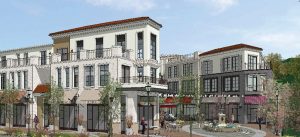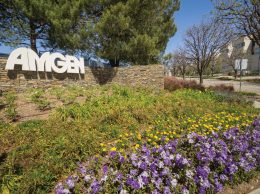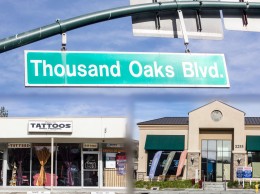Thousand Oaks mayor Al Adam gave the annual State of the City address on Dec. 8, centered around three things he said are most important to the city’s growth: jobs, the environment and housing.

In his virtual address, Adam said the influx of biotech companies in recent years has been a big win for the city, but “in order to recruit and retain new talent,” Thousand Oaks needs to put an emphasis on businesses that support those companies.
Adam believes in the importance of being able to live close to your workplace, and noted this as an issue he would like to continue working to solve in the city since such a high percentage of residents still drive considerable lengths on their daily commutes.
This past year, Thousand Oaks approved construction on the first mixed-use project in its recent history, a housing and retail development on Thousand Oaks Boulevard. The building is not finished yet, but when it is, residents who choose to live there will be within six miles of both California Lutheran University and Amgen, with a restaurant attached to the complex.
In addition to more mixed-use projects, Adam wants to see changes in the affordability of housing in the city.
“We have become anemic in entry-level and workforce housing,” he said.
Adam said the city currently has a balanced budget and a healthy surplus, which he would like the City Council to use for additional COVID-19 relief.
Thousand Oaks received over $300,000 through the federal CARES Act to help keep small businesses afloat, but a sector of the city’s economy that was hit particularly hard by the pandemic has been cultural affairs.
Any activities that arts and culture businesses and nonprofits did were vastly different than previous years, including virtual performances hosted by the city’s civic arts plaza. Despite the rocky year, Adam remains optimistic that the theater industry will recover to pre-pandemic levels.
Adam said environmental sustainability is close to the top of his priority list, and as an example he pointed to the council’s stringent new restrictions on Styrofoam food containers.
Adam laid out goals for economic growth, but made a point to say he does not want Thousand Oaks to turn into the likes of the San Fernando Valley, west Los Angeles or Silicon Valley. He said the key to a prosperous Thousand Oaks is what he calls “balanced growth.”
“In many ways, [Thousand Oaks] is a model for a sustainable California city,” Adam said.






 Print
Print Email
Email

















